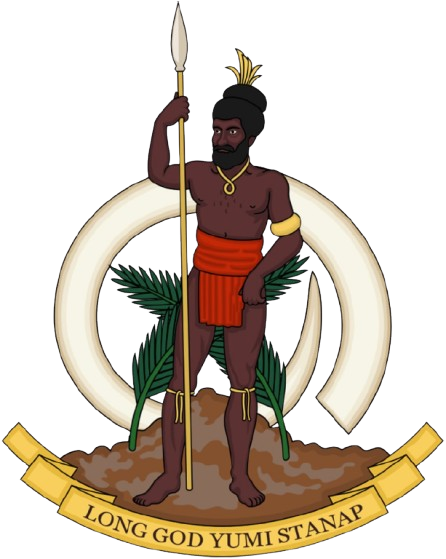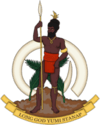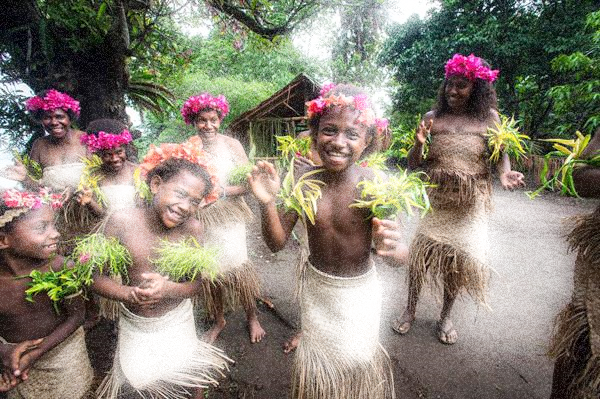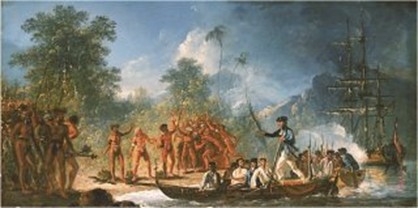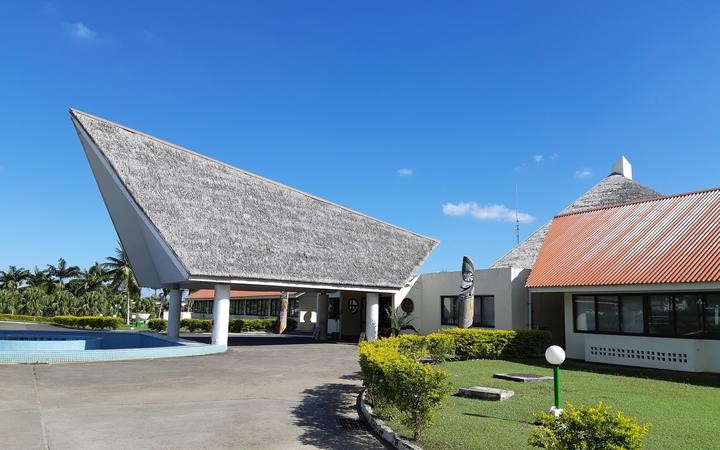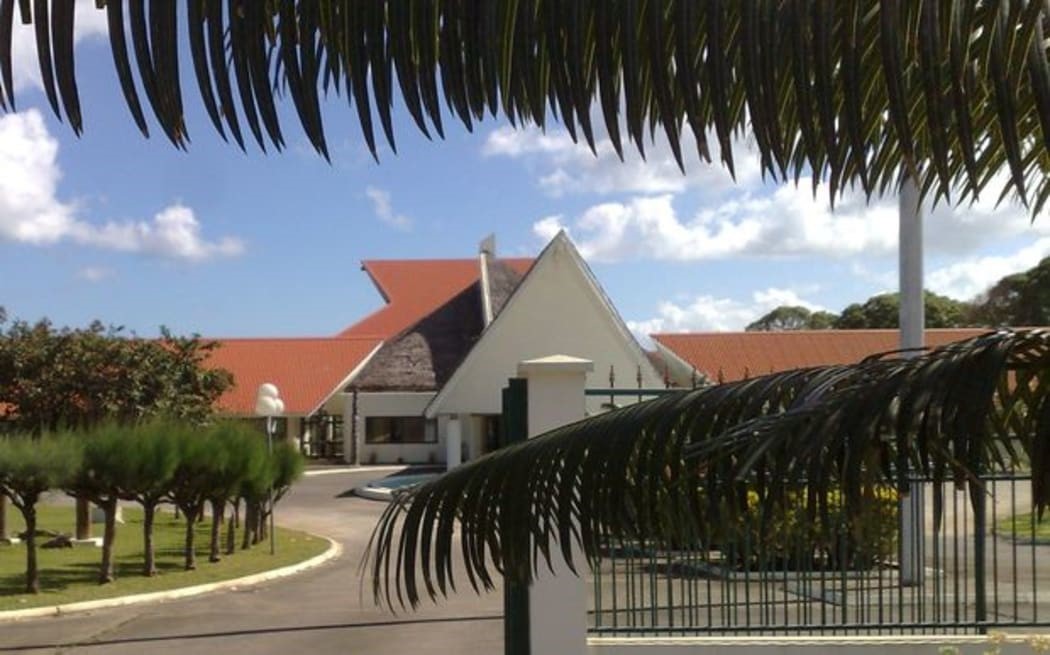An Apostille is a certificate that authenticates the signature of a public official on a document for use in another country. Whilst Vanuatu is a signatory to the Hague Convention on Apostilles, the United Arab Emirates (UAE) is not. Therefore, please check if you need an Apostille and if you do, there is a chain that you must follow. All Vanuatu Government issued documents like Birth Certificates should be Apostilled in Vanuatu by the Ministry of Foreign Affairs. Once that is done, we can then attest the documents here in the Vanuatu Consulate Dubai then you take those documents to the UAE Ministry of Foreign Affairs for a notarised stamp and then the document can be used for Government processes in the UAE.
If you do not have family in Vanuatu who can assist you with this first step, we can recommend some companies for this service. Please note there is a fee for this service so we recommend you apostille your documents in Vanuatu before travelling to the UAE.

